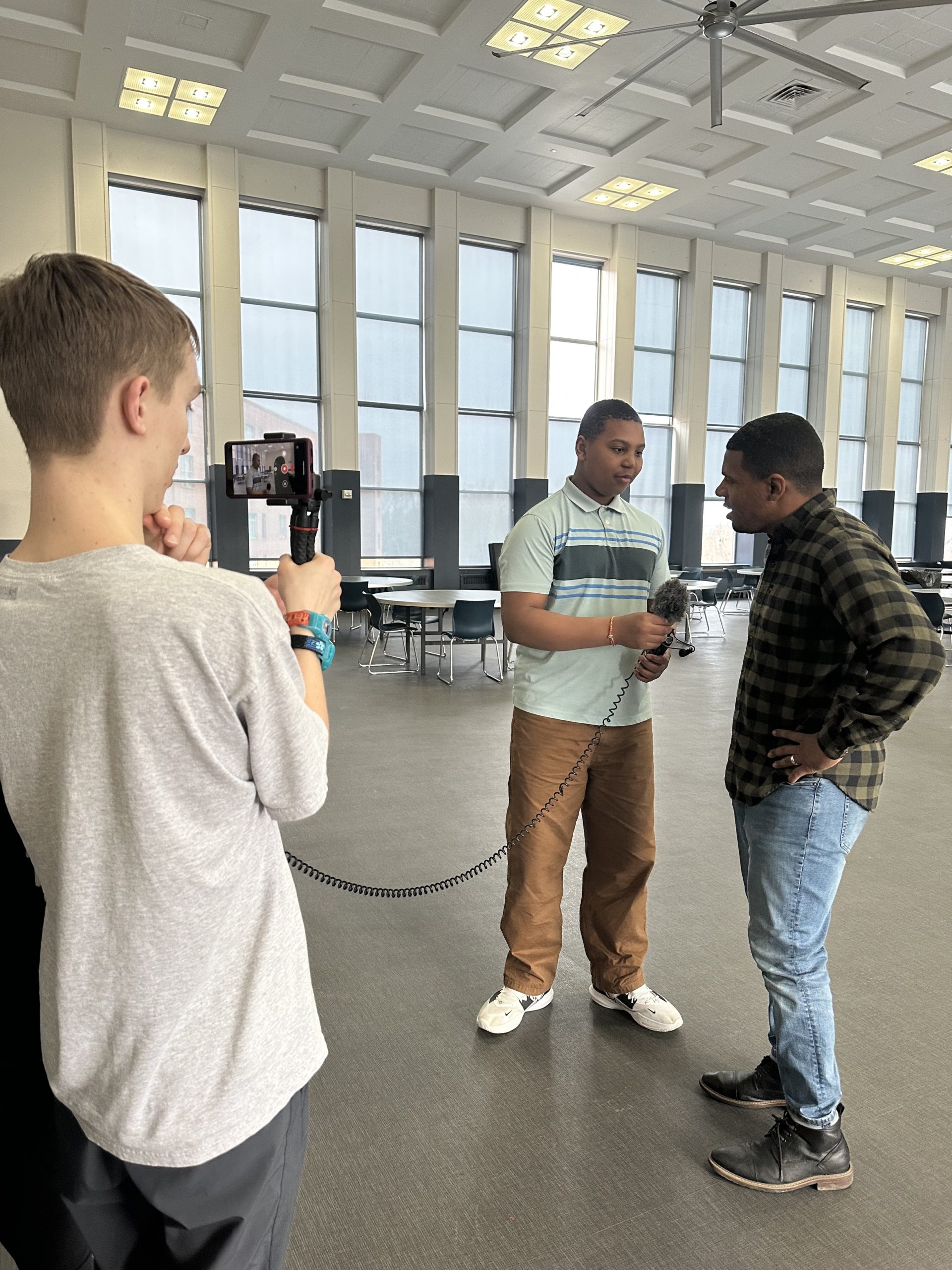Filmmaking is a multifaceted art form that offers immense benefits for autistic individuals. Engaging in film projects can help develop various skills, such as communication, collaboration, creativity, and technical proficiency. For many autistic individuals, expressing themselves can be challenging, and filmmaking provides a unique medium to articulate thoughts and emotions visually and audibly. This creative outlet allows them to convey their perspectives in a structured and impactful way, facilitating a deeper understanding of their experiences and viewpoints.
The structured nature of filmmaking, with its clear sequences and roles, aligns well with the preferences of many autistic individuals who thrive in environments with defined routines and expectations. The step-by-step process of creating a film, from conceptualizing the idea to final editing, can provide a comforting framework within which they can explore their creativity. This structure can also help in reducing anxiety and enhancing focus, enabling autistic individuals to immerse themselves in the project and work towards a tangible outcome.
Moreover, working on films can enhance social skills and teamwork. Collaboration is an integral part of filmmaking, requiring individuals to work closely with others, share ideas, and listen to feedback. For autistic individuals, this can be an opportunity to practice social interactions in a controlled and supportive setting. The collaborative nature of film projects encourages the development of interpersonal skills, such as negotiation, conflict resolution, and mutual respect. These experiences can translate into improved social interactions in other areas of life.
Filmmaking also provides a platform for developing technical skills. Handling cameras, understanding lighting, and using editing software are just a few of the technical aspects that autistic individuals can master. These skills are not only useful in the context of filmmaking but are also transferable to various other fields, potentially opening up new career opportunities. The sense of accomplishment from mastering these skills can boost self-esteem and provide a sense of purpose and achievement.
At Shrub Oak International School, our students participate in every aspect of the filmmaking process, from brainstorming and writing scripts to filming and editing. This comprehensive involvement allows them to experience the full spectrum of filmmaking, fostering a sense of ownership and pride in their work. The Film Club provides a supportive environment where students can experiment with different types of films, whether they are documentaries, narratives, or experimental pieces. This variety encourages students to explore different storytelling techniques and genres, broadening their creative horizons.
The collaborative nature of the Film Club also strengthens peer relationships. Students work together to develop their ideas, solve problems, and create a final product. This teamwork fosters a sense of community and belonging, which is particularly important for autistic individuals who may struggle with social isolation. The club’s activities are designed to be inclusive and accommodating, ensuring that every student can participate and contribute meaningfully regardless of their skill level or experience.
Filmmaking offers numerous benefits for autistic individuals, from enhancing communication and social skills to developing technical proficiency and boosting self-esteem. The structured yet creative nature of filmmaking makes it an ideal activity for autistic individuals, providing a platform for self-expression and collaboration. At Shrub Oak International School, our Film Club harnesses these benefits, offering students a supportive and engaging environment to explore the art of filmmaking. Through their participation in the Film Club, students not only learn valuable skills but also experience the joy and satisfaction of creating something unique and personal.








